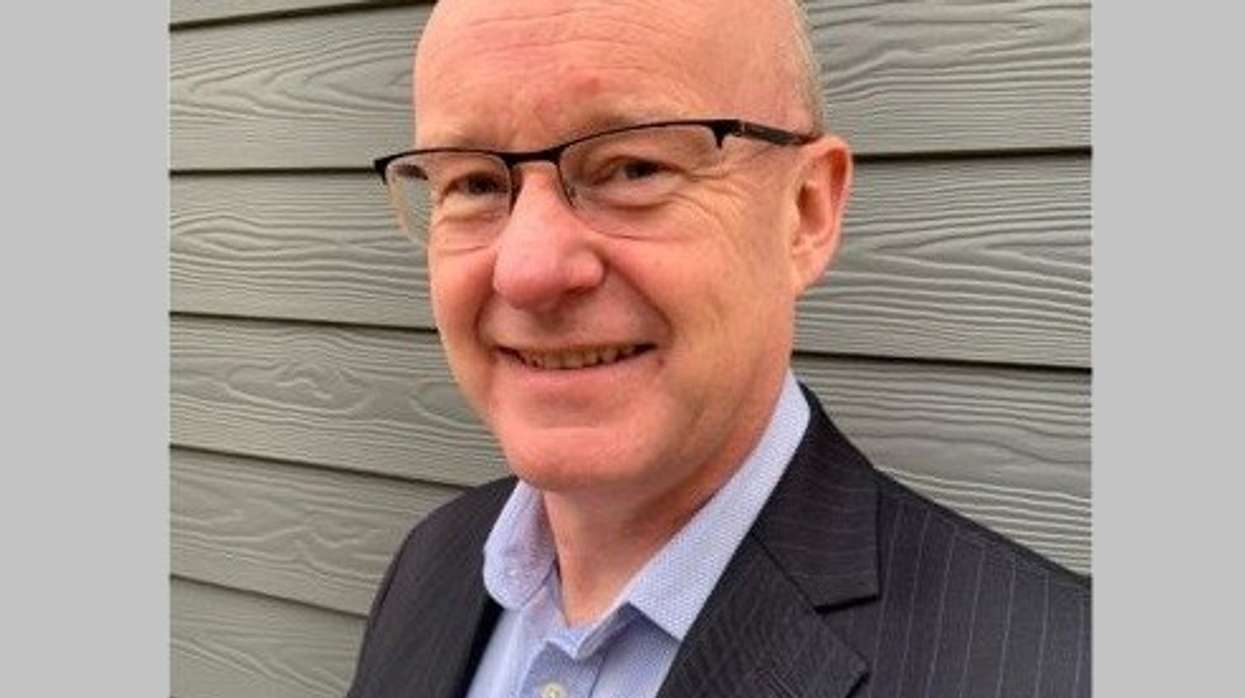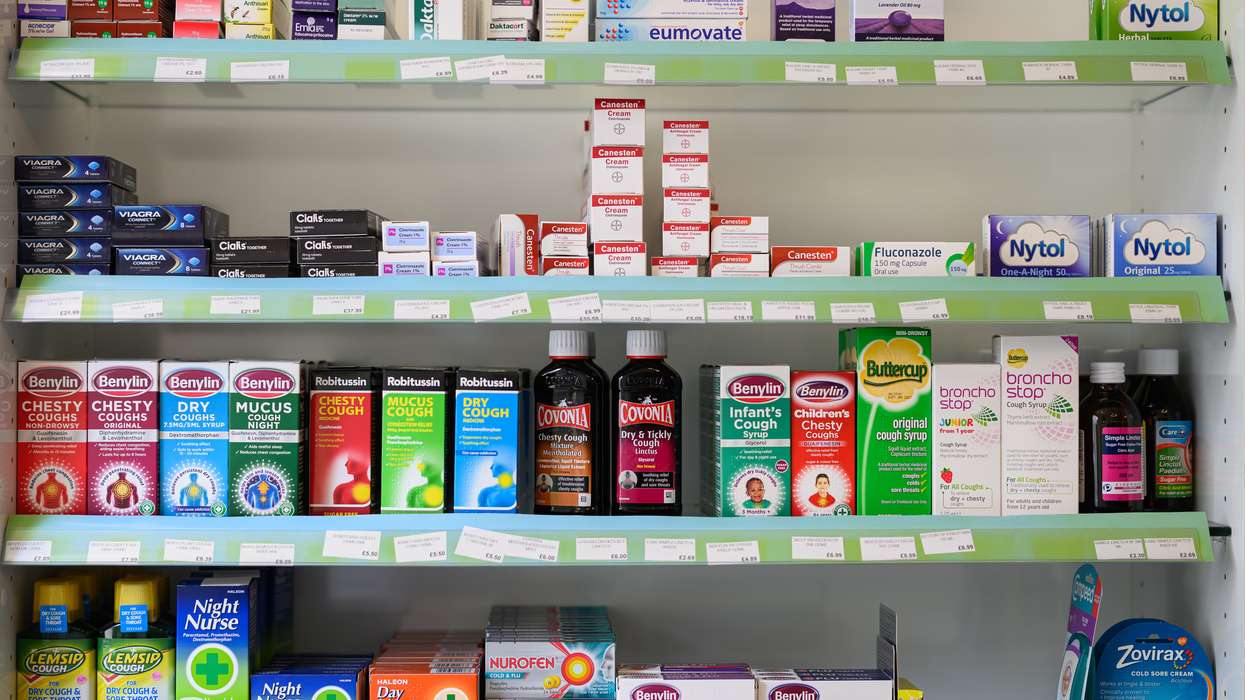'No agreement reached with the DHSC to increase the retained medicine margin allowance beyond £800m'
In response to a recent Parliamentary question regarding pharmacy reimbursement, pharmacy minister Stephen Kinnock stated that pharmacies were permitted to retain £850 million from the medicine margin for 2023/24.
The medicine margin represents the difference between the product price reimbursed by the National Health Service (NHS) and the price at which pharmacies buy them.
Rebecca Smith, the Conservative MP for South West Devon, inquired about the number and proportion of community pharmacies that had dispensed medications at a loss over the past three years.
Kinnock replied that they do not hold this information, and explained that community pharmacy reimbursement arrangements “do not aim to ensure that every pharmacy is paid as much or more than it paid for every product, but aims overall to reimburse as much as they were bought for, plus the allowed medicine margin.”
Additionally, the minister highlighted that as part of the Community Pharmacy Contractual Framework (CPCF) for 2023/24, pharmacies are allowed to retain “£850 million from the medicine margin, on top of what they are paid for the medicines they purchase as part of providing NHS services.”
He noted that the department assesses the medicines margin retained through a quarterly margin survey, which has found that “more than the amount agreed as part of the CPCF has been delivered in total across the previous four financial years.”
However, Community Pharmacy England (CPE) has clarified that the funding settlement for 2022/23 and 2023/24 included an uplift to the drug tariff.
According to the pharmacy body, £100m in excess margin earned by the sector in previous years was written off, and the amount was spread evenly over the two years (i.e. £50m in 2022/23 and £50m in 2023/24).
“As such, while the total uplifted margin target for 2023/24 became £850m due to the agreed ‘write off’, it is important to understand that the baseline margin allowance remained at £800m,” it said.
CPE has emphasised that, as of now, no agreement has been reached with the Department of Health and Social Care (DHSC) to increase the retained margin allowance beyond £800m per year.
The negotiating committee has also called for a full review of the medicines supply market to address issues such as under-funding and price concessions, along with a comprehensive review of medicines margin.
“The supply chain is now struggling to operate effectively given the UK’s low-price environment, and with margin spread more thinly as dispensing volumes and pricing issues increase, this is further intensifying the intolerable financial pressures on community pharmacies,” it said.
A report recently released by the National Pharmacy Association (NPA) revealed that pharmacies are being underpaid by the NHS by up to £75 a pack for common medicines, resulting in losses of thousands of pounds each month.
Paul Rees, CEO of the NPA, expressed concern that the funding system for medicines is “utterly broken.”













